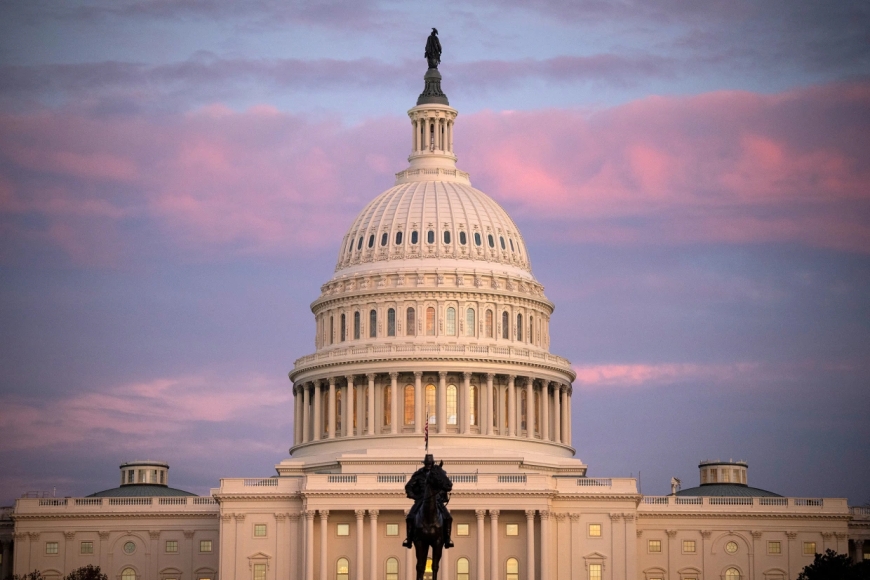Biden Ramps Up Push to End Trump’s Tax Cuts for the Wealthy, Highlighting the Choice in the 2024 Election

President Joe Biden is intensifying his efforts to raise taxes on wealthy Americans if re-elected, setting the stage for a contentious battle with Republican rival Donald Trump, who promises even more substantial tax cuts if he returns to the White House.At the heart of this debate are the 2017 Trump tax cuts, which are set to expire at the end of 2025. Extending these cuts would add $3.3 trillion to the national debt over the next decade, according to the Congressional Budget Office. Biden’s proposal targets those earning over $400,000, aiming to end their tax breaks while maintaining current rates for lower-income earners.
“If Trump gets elected, he’ll cut taxes for him and his rich friends at the expense of working families. We can’t let that happen,” Biden declared on social media last week.
Biden’s Tax Plan
Biden's economic strategy includes several key components:
- Raising the corporate tax rate from 21% to 28%.
- Imposing a 25% minimum income tax on billionaires.
- Increasing marginal tax rates on the highest incomes from 37% to 39.6%.
- Boosting capital gains taxes for high earners.
These measures, Biden argues, are necessary to ensure the wealthy pay their fair share and to bring in new revenue to support social programs like Social Security and Medicare.
Trump’s Counterattack
In contrast, Trump is championing his 2017 tax cuts, promising to extend and expand them. At a rally in New Jersey, he proclaimed, “Instead of a Biden tax hike, I’ll give you a Trump middle-class, upper-class, lower-class, business-class — big tax cut. You’re going to have the biggest tax cut.”
Trump’s plan, however, remains vague and does not address the growing national debt. His recent campaign rhetoric has also included proposals like ending taxes on tips, further complicating the fiscal outlook.
Democratic Unity and Strategy
Democrats are largely unified in their support for Biden’s tax plan. Senate Finance Committee Chair Ron Wyden and other prominent Democrats, such as Sen. Elizabeth Warren, have voiced strong backing for raising taxes on the wealthy. “The 2025 tax fight will create a huge opportunity to reshape the tax code to reflect our nation’s values,” Warren stated.
Rep. Pat Ryan echoed this sentiment, emphasizing the need to protect social safety nets and ensure the wealthy contribute fairly. “2025 is a year where we can finally make the ultra-wealthy and big corporations pay their fair share,” Ryan said.
Republican Opposition
Republicans, meanwhile, are steadfast in their opposition to Biden’s proposals. Rep. Ralph Norman emphasized the necessity of extending Trump’s tax cuts, promising continued support if Trump regains the presidency. Sen. Mike Crapo, the ranking member of the Senate Finance Committee, dismissed the idea of raising taxes on higher incomes, suggesting only minor adjustments to the existing tax cuts might be considered.
Challenges Ahead
Implementing Biden’s tax plan poses significant hurdles. The 2017 tax cuts, which nearly doubled the standard deduction, benefited many middle-income families. Additionally, some Democrats support ending the $10,000 federal cap on state and local tax deductions, a measure that could lower taxes for high earners in certain states. Crafting a policy that targets only the wealthiest Americans while maintaining these benefits for others will require careful legislative work.
A White House official acknowledged the complexity of the task, stating that concrete policy proposals are still in development. Congressional dynamics will also play a crucial role, with the outcome of the 2024 election determining the feasibility of Biden’s plan.













































